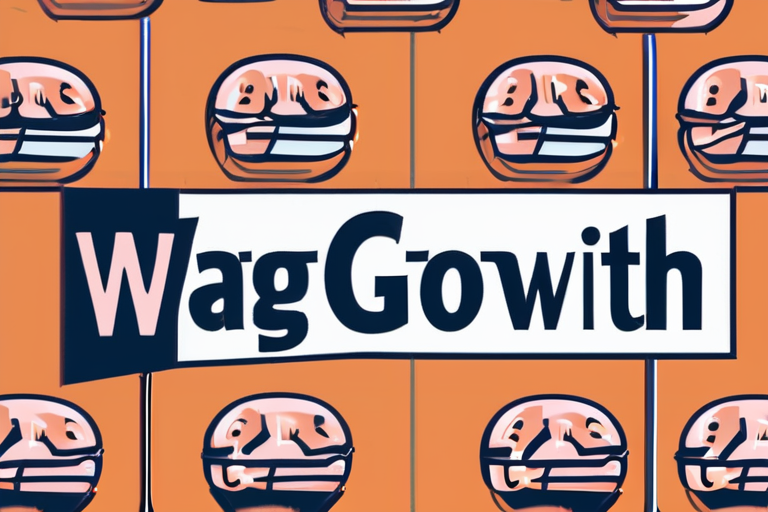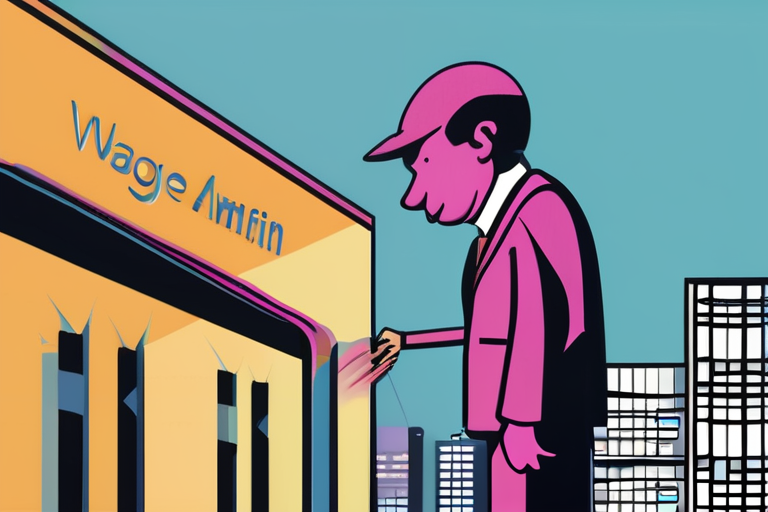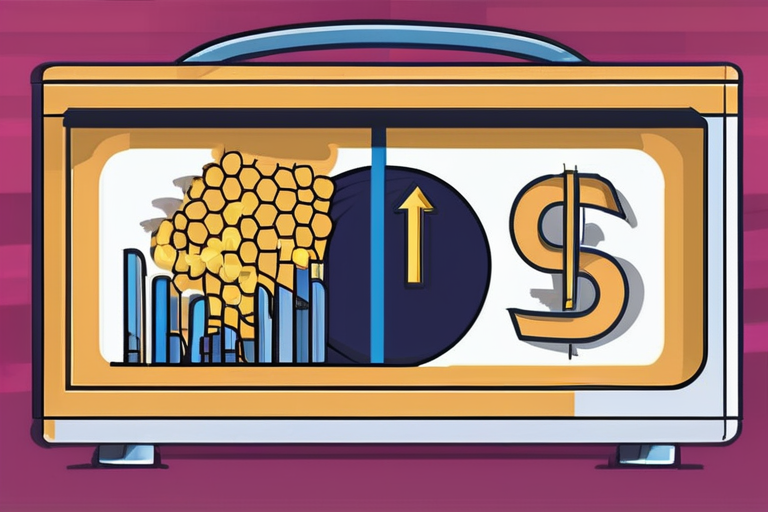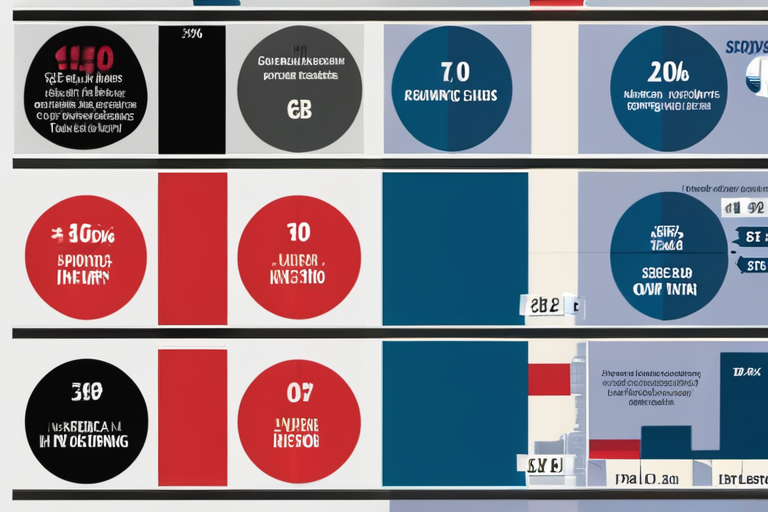

Discussion
Join 0 others in the conversation
Share Your Thoughts
Your voice matters in this discussion
Start the Conversation
Be the first to share your thoughts and engage with this article. Your perspective matters!
More Stories
Discover articles from our community

"UK Economy Surges to Second-Fastest Growth in G7, IMF Predicts"
 Hoppi
Hoppi

Wage Growth Slows to 4.7% Amid Summer Economic Ticker
 Hoppi
Hoppi

UK Inflation Holds Steady at 3.8% Amid Rising Food Costs
 Hoppi
Hoppi

"UK Economy Grinds to Halt in July"
 Hoppi
Hoppi

"UK Economy Grinds to Halt in July"
 Hoppi
Hoppi

DEVELOPING: IMF Warns UK Economy to Surge into Second-Fastest G7 Growth Spot
 Hoppi
Hoppi

"UK Economy Surges to Second-Fastest Growth in G7, IMF Predicts"
IMF Predicts UK Economy to Surge to Second-Fastest Growth in G7, But Warns of Rising Inflation The International Monetary Fund …

Hoppi

Wage Growth Slows to 4.7% Amid Summer Economic Ticker
Wage Growth Slows Slightly Over Summer, Unemployment Ticks Up The UK's wage growth has cooled slightly over the summer months, …

Hoppi

UK Inflation Holds Steady at 3.8% Amid Rising Food Costs
UK Inflation Remains at 3.8% in August as Food Costs Grow LONDON - The UK's inflation rate remained steady at …

Hoppi

"UK Economy Grinds to Halt in July"
UK Economy Stalls: Zero Growth in July Amid Manufacturing Slump The UK economy experienced zero growth in July, marking the …

Hoppi

"UK Economy Grinds to Halt in July"
UK Economy Stalls: Zero Growth in July Amid Manufacturing Slump The UK economy stagnated in July, recording zero growth for …

Hoppi

DEVELOPING: IMF Warns UK Economy to Surge into Second-Fastest G7 Growth Spot
BREAKING NEWS IMF Predicts UK Economy to Surge into Second-Fastest G7 Growth Spot, But Faces Highest Inflation Rate The International …

Hoppi
